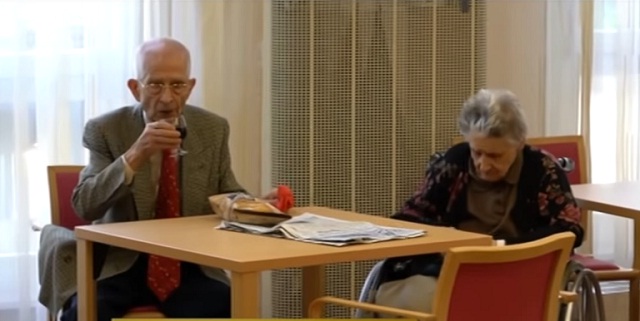
President Recep Tayyip Erdogan is an ardent advocate of population increase and has called for families to have more children
Ankara, Turkey | Xinhua | As a country that once boasted one of the youngest populations in Europe, Turkey has been aging fast in recent years, which is slowly dragging its economy down.
The population of people aged over 65 in Turkey has increased significantly from 6.65 million in 2016 to 8.25 million in 2021, up 24 percent, according to figures released last week by the Turkish Statistical Institute.
Meanwhile, the proportion of the elderly in Turkey’s total population is 9.7 percent in 2021, up from 8.3 percent in 2016.
“The aging demography will eventually create a lack of demand as older people tend to spend less, and therefore Turkey’s growth rate will drop in the years ahead,” Baki Demirel, associate professor at the economy department of Yalova University, told Xinhua.
Under the current official population projections, the proportion of the elderly population is expected to be 10.2 percent in 2023, 12.9 percent in 2030 and 16.3 percent in 2040.
Another problematic area is the labor market where less people are expected to enter and those will be forced to support with their taxes and social security premiums a growing population of state pensioners, he said.
Despite attempts by the government to incentivize having larger families, Turkey’s fertility rate will likely continue to decline — weighing down its economy with older and more expensive workers, higher health care costs, and weaker buying power for younger citizens, the economist added.
Turkish President Recep Tayyip Erdogan is an ardent advocate of population increase and has called for families to have more children.
The Turkish leader has regularly urged Turkish women to have as many as three children, saying the country needs “bigger numbers for our population as a nation.”
But despite all those policies, the growth rate of Turkey’s population has not accelerated, and on the contrary, is on a downward path.
Murat Seker, director at the Istanbul University Center for Urban Policy Research, stressed that economic conditions play a significant role in the decline in the fertility rate.
Turkey needs to develop policies for the aging population, particularly social security policies, as 20 years from now it will need more health institutions than primary schools, he told Hurriyet Daily News.
Meanwhile, immigration may offer relief for the labor shortfall in the future, as Turkey is hosting nearly 4 million Syrians, whose average age is just over 22, according to official data.
However, Turkey should prioritize reversing the brain drain of its qualified workers to western countries, a worrying phenomenon for the local labor market in recent years, he stressed.
*****
Xinhua
 The Independent Uganda: You get the Truth we Pay the Price
The Independent Uganda: You get the Truth we Pay the Price



